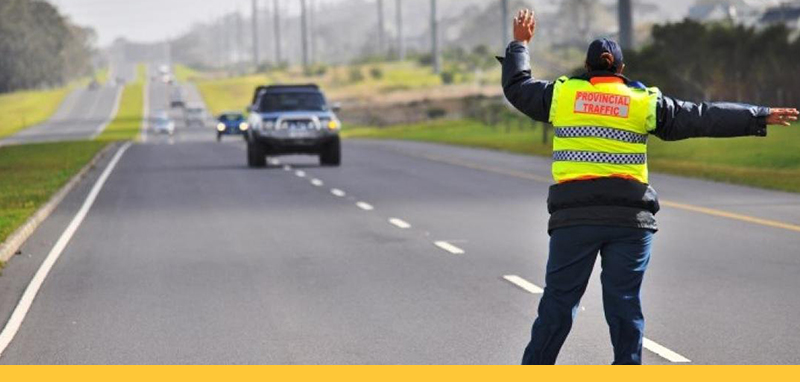Automobile Association (AA) says more still needs to be done to address root cause of poor driving behaviour in SA
The Automobile Association (AA) is pleased that government has heeded calls to clarify issues relating to the implementation of the Administrative Adjudication of Road Traffic Offences (AARTO) but says no real roll-out of the system can occur until the system’s regulations are promulgated.
“Transport Minister Fikile Mbalula today announced a phased-in approach to the roll-out of AARTO but these phases can really only be implemented once the regulations are finalised and enacted. This process may delay the final implementation of the system scheduled for July 2022,” says the AA.
Minister Mbalula says there are four phases to the AARTO roll-out. According to Minister Mbalula,
- Phase 1 will run from today until 30 September 2021 during which seven AARTO service outlets will be established nationally, the eNATIS will be enabled to collect AARTO payments, and will include a communications campaign to educate motorists on AARTO;
- Phase 2 will run from 1 October to 31 December 2021 during which 67 local metropolitan authorities will ‘come online’ for AARTO processing, the adjudication process and Appeals Tribunal will start functioning, 18 more AARTO service outlets will be established;
- Phase 3 will commence on 1 January 2022 and run until 30 June 2022 during which 144 municipal areas will be added to the AARTO system, and;
- Phase 4 which will begin 1 July 2022 and which will see the introduction of the Points Demerit System as well as the rehabilitation programme for repeat offenders which serves as the backbone of AARTO.
“Naturally the planned implementation of AARTO will not happen today as previously communicated. The Minister noted several reasons for this including the suspension of senior managers at the RTIA for maladministration – including that of its Registrar and CEO, Japh Chuwe – and the impact of COVID-19. Today’s communication, though, should have been made weeks ago as many people believed it was coming into force today. Despite this, we at least have a better roadmap going forward, but much of that relies on the finalisation of the regulations which must happen before any meaningful roll-out can occur,” notes the Association.
The Association says it stands by its reservations on aspects of the amendments to the AARTO regulations that these do not promote road safety but are instead geared towards revenue collection. It says while it supports the introduction of a points demerit system, legislation alone not will alter poor driving behaviour in South Africa.
“South Africa’s annual road fatality rates are among the highest in the world per capita and amount to a national crisis. Legislation such as AARTO can only assist in reducing these numbers if there is proper implementation and effective law enforcement that supports it. For us, more attention must be given to the root causes of poor road safety, rather than simply introducing a system without consideration of the capacity of traffic law enforcement and other state services to implement it. Doing this will also speed up the process of achieving better road safety in our country,” concludes the AA.

